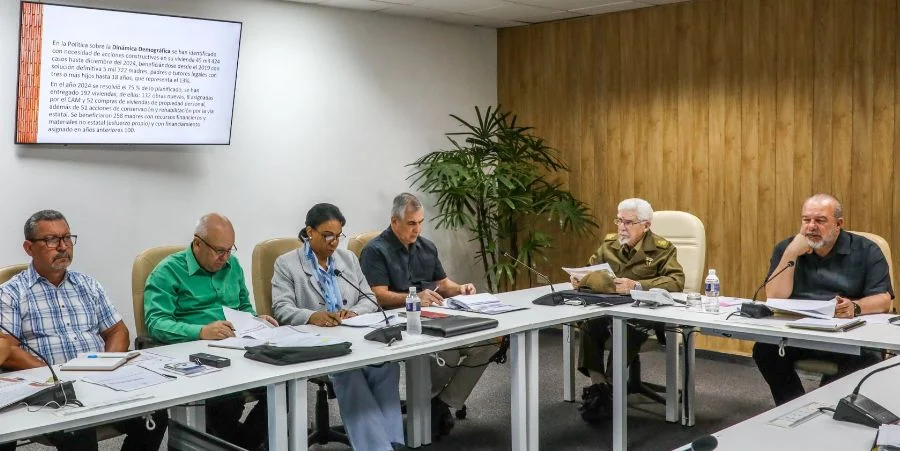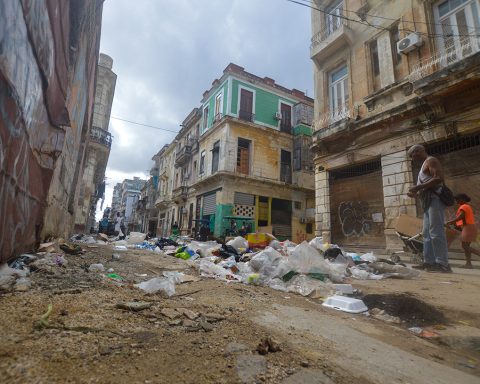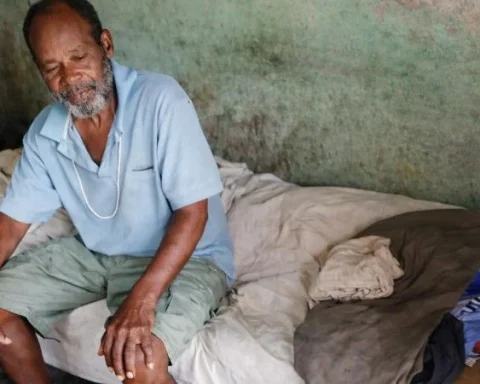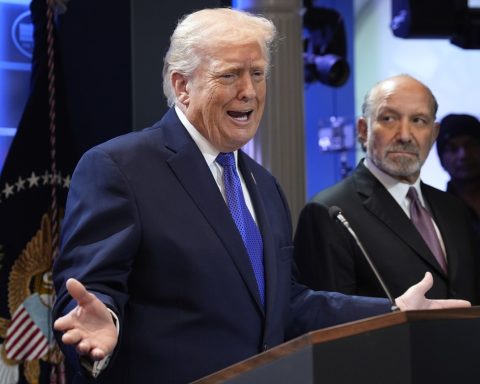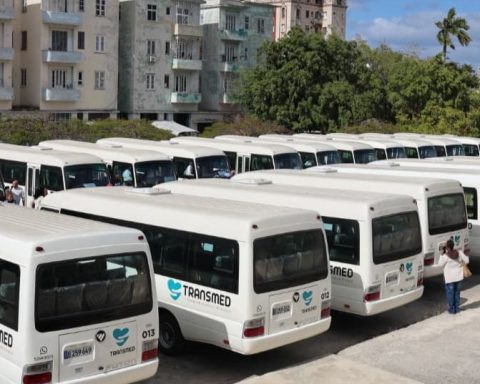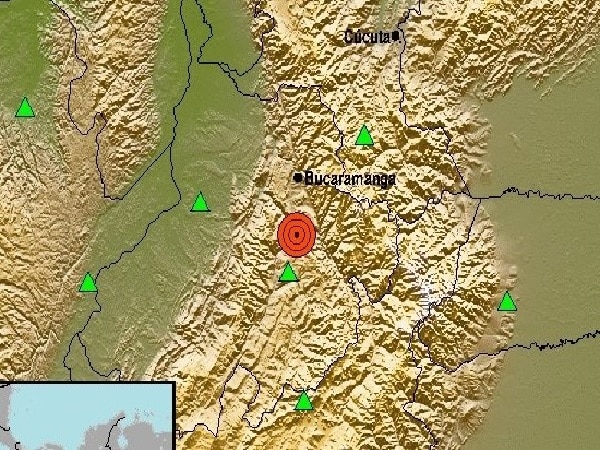Miami, United States. – The Cuban economist Pedro Monreal described as “weak” the design of the government’s economic program and called its implementation as “ineffective”, after analyzing the content of the most recent meeting of the Cuban Prime Minister, Manuel Marrero Cruz, with the provincial governors. Through A series of publications in the social network X (formerly Twitter)the specialist broken down the structural weaknesses of the official model presented as “integral.”
“The official press release on the month of April From the Prime Minister with the provincial governors, he indicates that, despite the flaunt about ‘the clear integrality’ of the economic program of government, its design is weak and its implementation is ineffective, ”said Monreal.
The economist said that a truly integral program should meet at least four conditions: globality, coherence, consistency and coordination. However, he warned that a brief evaluation of government actions “would reveal notable fissures in each of those basic conditions.”
As for globality, Monreal pointed out that they must contemplate multiple dimensions such as employment, consumption, inflation and food security, not only to enhance them, but to avoid counterproductive effects between them. In that sense, he questioned: “How exactly, excessive investment in tourism improves the country’s food security? Especially that of households of state and retired workers.”
On coherence, he denounced the contradiction between the principles and practices of the Government: “A great incoherence of economic policy is that work is declared as a fundamental route of the satisfaction of needs’ while paying state salaries of misery.”
Monreal also stressed the inconsistency of the model by pointing out that while it is proclaimed that “the Cuban weight is the center of the Cuban financial system,” the dollarization of the domestic market is deepened.
In relation to coordination, the economist identified as a structural obstacle the political vision that limits the role of the private sector: “A notable inconvenience for the effective coordination of economic policy in Cuba is the notion, embedded in the DNA of political power, that the desirable non -state sector – mainly private – must be a weak and subordinate component.”
As an illustrative example of the weaknesses of the official economic program, Monreal cited the “murky notion that they have about the prices function”, which he described as a mixture of “conceptual lagoons, methodological fetishism and administrative voluntarism.”
These valuations contrast with the urgency tone shown by the authorities during The meeting headed by Marrerowhere the integrality of the government program “was insisted on” and the internal capacities were appealed to overcome difficulties, including prices control and food production.
During the meeting, the prime minister lashed out at speculation with high demand products: “The oil has risen again and there are territories where the liter costs 1,500 pesos, when what is approved is 990. The one that sells a weight above is violating the established and the one that allows it is as responsible as who is selling it.”
Despite the official discourse on strengthening the role of the non -state sector, Marrero warned that the measures to expand it must be “ordered” and oriented to “provide more services” and “produce more”, and not to “increase a problem.”
The housing program, another of the points addressed at the meeting, was the subject of severe criticism for its low performance: at the end of March only 1,344 properties, 12% of the annual goal had been completed.
In relation to this panorama, Monreal pointed out that the failures in the design and implementation of the economic program are not accidental, but part of an approach that lacks comprehensive strategic vision.
